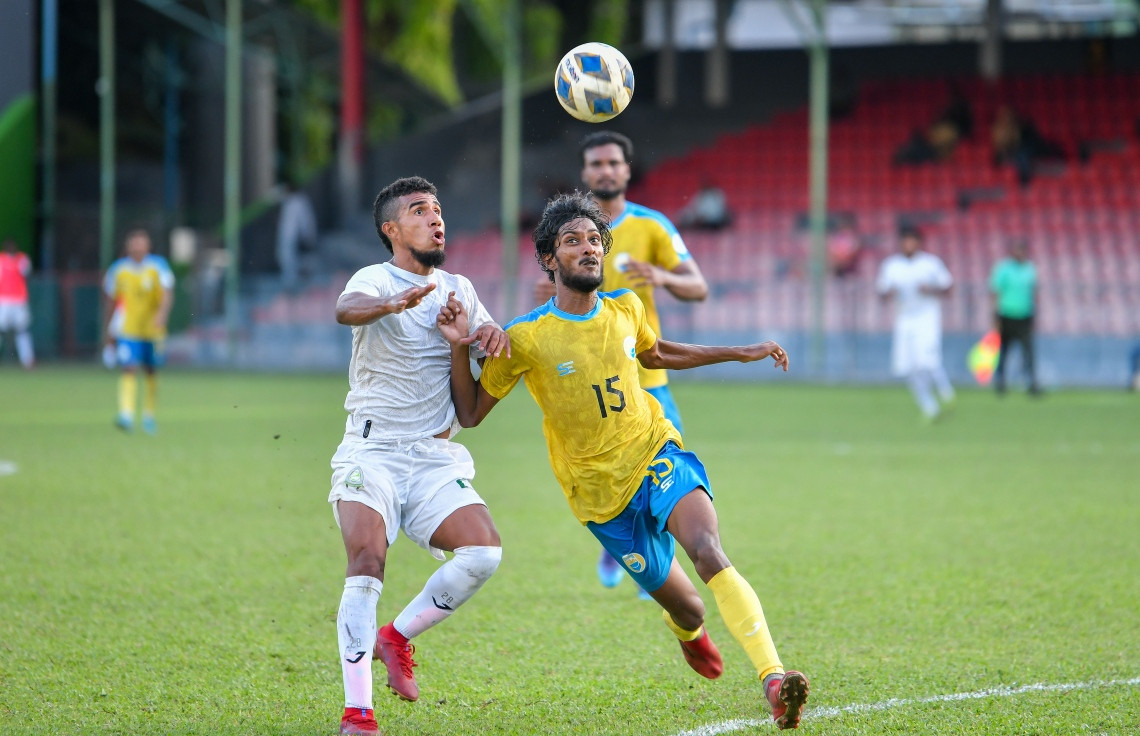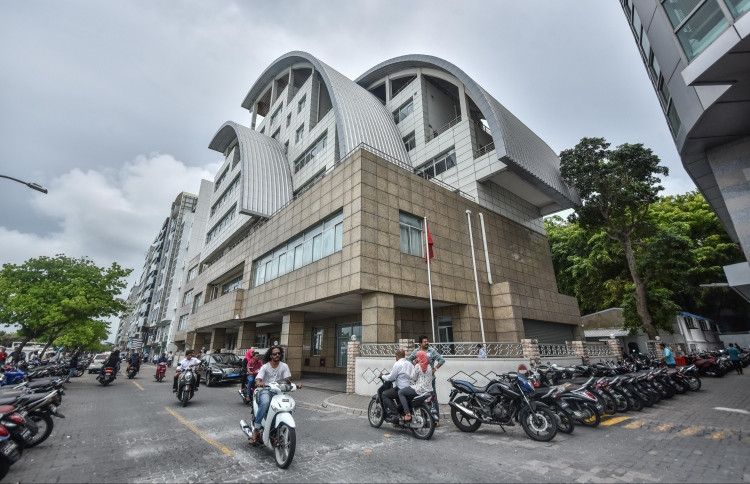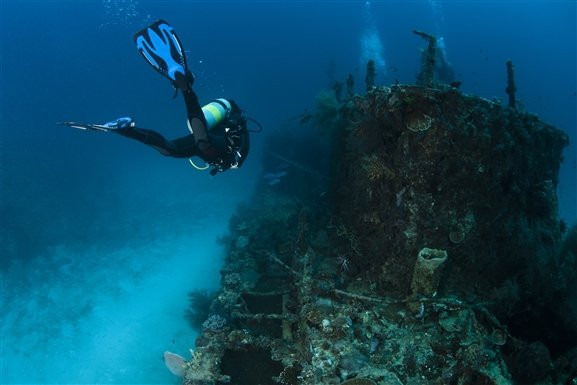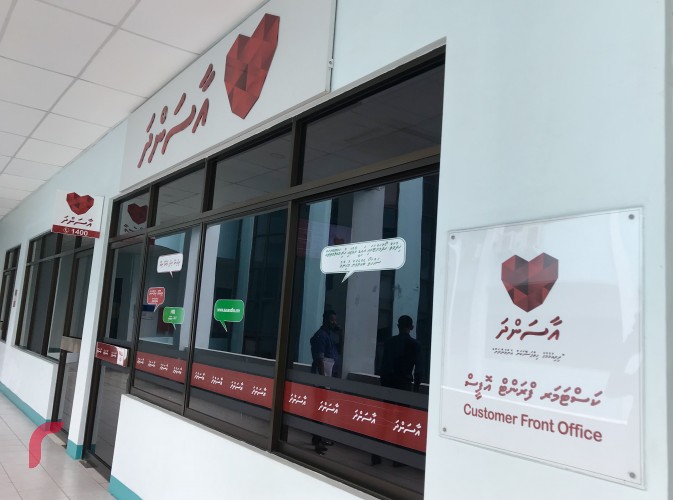Maldives cabinet discusses anti-terrorism measures
Anti-terrorism measures are handled by the National Counter Terrorism Centre (NCTC)
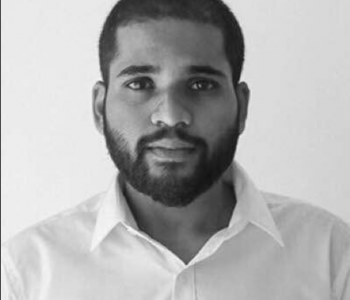
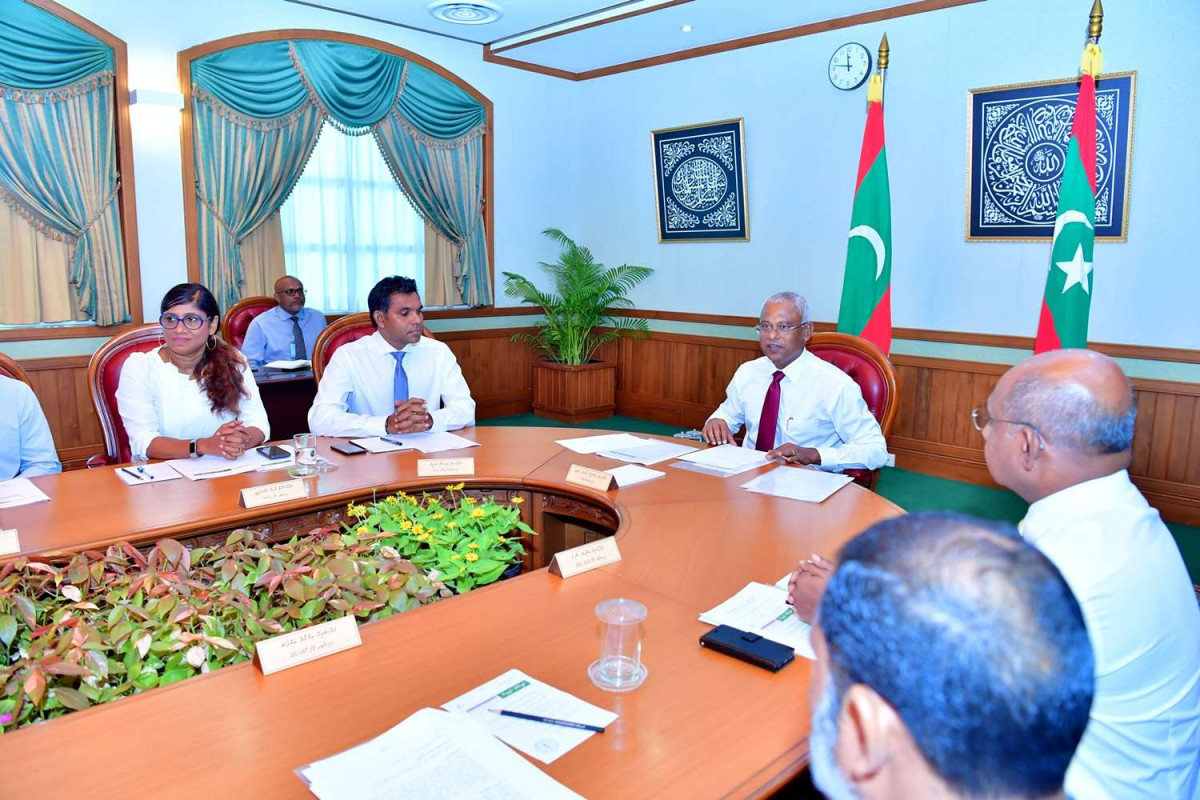
Cabinet ministers at a meeting held in February, 2018
The ministerial cabinet has on Wednesday met to discuss anti-terrorism measures in the Maldives, in the wake of the ‘Easter bombings’ in Sri Lanka this week.
Anti-terrorism measures are handled by the National Counter Terrorism Centre (NCTC), which is under the supervision of the Ministry of Defence and National Security.
The NCTC follows its own standard for the arrest of individuals involved in terrorism of working to support it, as well as seizure of their assets.
The suicide attacks at hotels and three churches in Sri Lanka on Sunday has been a point of concern for the Maldives.
The death toll has reached over 300, while 500 people were injured.
The government has sent a special envoy to show Maldives’ support for ‘the Sri Lankan government and people’.
The SITE Intelligence Group, which monitors the activity of extremist organizations, says the Islamic State has claimed responsibility for the attacks.
President Solih says security reforms underway
President Ibrahim Mohamed Solih speaking at the 127th MNDF anniversary
Speaking at the Maldives National Defence Force’s (MNDF) 127th anniversary celebrations, President Ibrahim Mohamed Solih said that the Maldives has been forced to review its security.
President Solih said that the senior officers have been working this week to ascertain threats to Maldivian national security, and whether or not to make reforms.
He further described the attacks in Sri Lanka, as one that undermines the security of the entire Indian Ocean region.
Tuesday night’s event saw the first public introduction to the MNDF’s ‘Capstone Doctrine’, which defines the structure, operational and functional framework, as well the security environment in the Maldives and challenges in it.
Mention of the doctrine document, which appears to borrow its name from a similar doctrine regulating the UN peacekeeping forces, was first made by Chief of Defence, Major General Abdulla Shiyam, in April this year.
